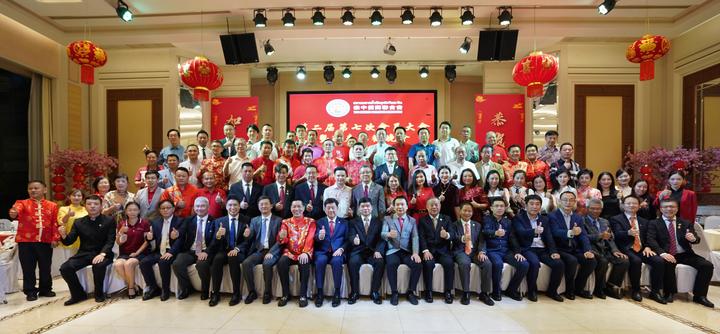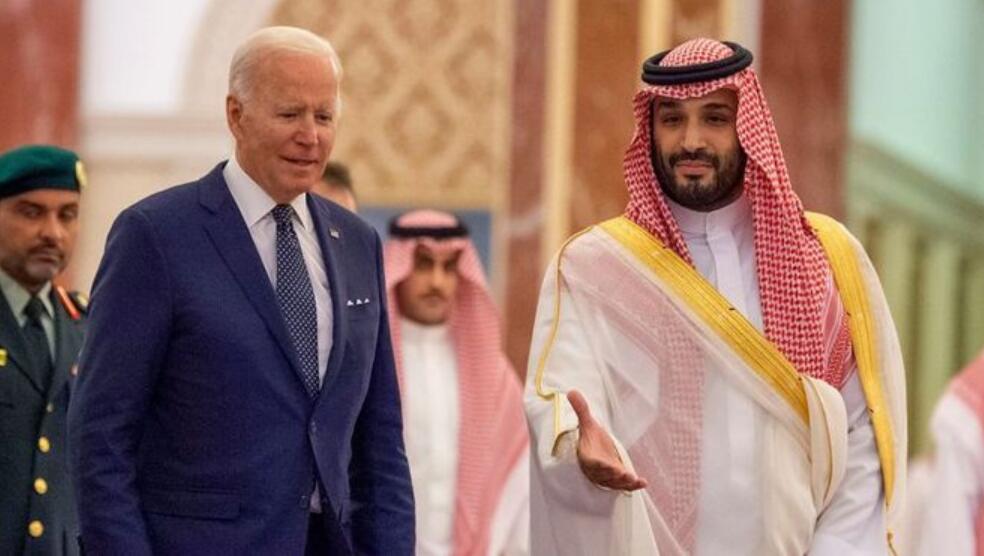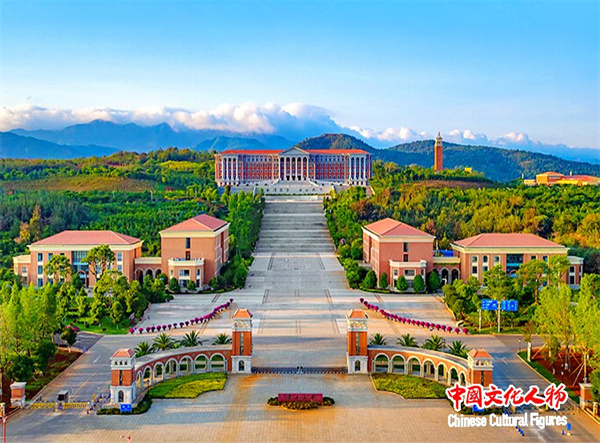Some 80 world leaders announced on Sunday concrete measures to further empower women and push for gender equality in their respective countries during a conference on women"s rights co-hosted by China. "Today, world leaders are signaling their personal responsibility for gender equality and women"s empowerment," said UN Secretary-General Ban Ki-moon. "This is as it should be." At the summit, the governments pledged wide-ranging actions to tear down societal barriers for women, including legislature supports for gender equality in the workplace and schools. "In Germany, we commit ourselves to ...launching an initiative to improve (women"s) professional qualifications in developing countries and ... promote the entrepreneurial power of women," said German Chancellor Angela Merkel, the first leader to take the podium. In Azerbaijan, a new legislation is also introduced to help women into work -- including flexible working and accessible child-care. Meanwhile, the country is also working to ensure more girls will pursue careers in science, technology, engineering and mathematics. In Brazil, a proposal was signed into law that grants a six-month maternity leave for military women, said Brazilian President Dilma Rousseff. At the moment, the violence against women remains to be "a pandemic in diverse forms." According to UN Women, 35 percent of women worldwide have experienced physical violence in 2013. In some nations, the figure is up to 70 percent. Curbing violence against women remains high on each nation"s agenda for women empowerment. Austrian President Heinz Fischer acknowledged that "creating efficient measures to raise awareness for and to prevent and to protect women and girls from all forms of violence in domestic and social contexts will remain a central concern." "Austria"s future Women"s Health Action Plan, to be presented in late 2015, will set out comprehensive actions, including preventing violence against women," Fischer said. In Belgium, a sixth national action plan on the fight against gender-based violence is being developed in line with the Council of Europe Convention on preventing and combating violence against women and domestic violence, said Belgian Prime Minister Charles Michel. Meanwhile, Spain has made the fight against gender violence a "national priority" that deserves special attention, vowing to continue working for a comprehensive response to all forms of violence. The governments also made firm pledges to tackle poverty, relatively low representation in political and economic decision-making bodies. Achieving gender equality is one of the 17 Sustainable Development Goals. No other single issue is to receive this level of political attention at the UN Summit held from Friday to Sunday to adopt Agenda 2030 and its Sustainable Development Goals, according to a press release of UN Women. "The global goals cannot be achieved without full and equal rights for half of the world"s population, in law and in practice," Ban said. |










